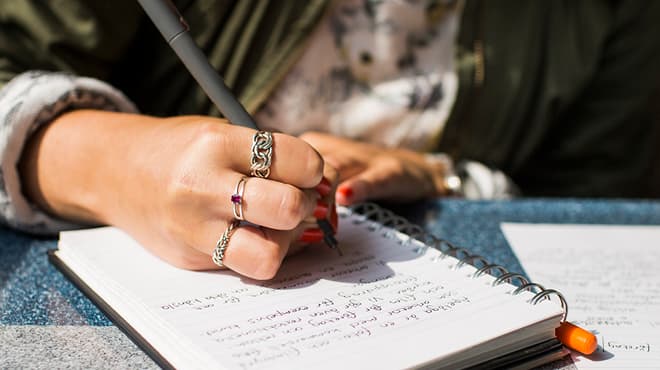Recent Posts
Is having a sense of belonging important?

Having a sense of belonging is so important, considering the groups and labels we give ourselves and others. We are members of families, sporting teams, hobbyists, spiritual groups, charities, political parties, cities, countries and nationalities, to name a few. Nearly every aspect of our lives is organized around belonging to something.
The sense of belonging is fundamental to the way humankind organizes itself. If it was unimportant, we would live solitary lives only coming together for procreation then quickly kicking the children out of our lives as soon as they could walk. We would have no families, communities or organized government.
We cannot separate the importance of a sense of belonging from our physical and mental health. The social ties that accompany a sense of belonging are a protective factor helping manage stress and other behavioral issues. When we feel we have support and are not alone, we are more resilient, often coping more effectively with difficult times in our lives. Coping well with hardships decreases the physical and mental effects of these situations.
We begin life with the most crucial of needs — attachment to a caregiver. This is the beginning of our fundamental need for belonging. Studies have shown that children who have not achieved a healthy attachment in their young life have lower self-esteem, a more negative worldview, are mistrustful and can have a perception of rejection.
Depression, anxiety and suicide are common mental health conditions associated with lacking a sense of belonging. These conditions can lead to social behaviors that interfere with a person’s ability to connect to others, creating a cycle of events that further weakens a sense of belonging.
Gratefully, we do have control in making changes in our lives to break this cycle and bolster our sense of belonging.
Boost your sense of belonging
So what can you do to increase the sense of belonging in your children and yourself?
- Make an effort.
The most crucial ingredient to building a sense of belonging is effort. You cannot belong if you don't choose to make the effort to engage with others. It may feel uncomfortable at first to meet new people, but give it time, as you may need to practice self-talk. Soon the actions will become second nature. Behavioral activation and opposite action are effective strategies for getting yourself to put in the effort. Action often is needed to feel motivated. - Be mindful of others.
Think less about yourself while with others and make the other person or the group your focus. Making conversation is critical to increasing your sense of belonging. It is important to mutually ask questions, make small talk, self-disclose skillfully and listen to people's responses. - Keep and teach an open mind.
Try new activities and meet new people. Consider new ways of thinking. Lead by example so your children can see how it works. Put in effort to seek activities and groups of people who you share common interests with. You may need to make it happen to start. Encourage and support your children to get involved. - Practice an attitude of acceptance.
Recognize that others have different ways of being, which don't have to change you. Focus on similarities rather than differences. Similarities tend to increase bonding. If you feel that people are not like you, focus on a mutual goal, such as a volunteer opportunity. Teach children to validate the feelings of others. - Validate action.
If creating a sense of belonging is challenging for you, remember it is likely challenging for your child, as well. Give them the encouragement you would give yourself. Validate them, just like you need to validate your own action. Remind children and yourself that it can feel discouraging at times and it will get better by continuing to put in the work.
Angela Theisen is a psychotherapist in Psychiatry & Psychology in Eau Claire, Wisconsin.




